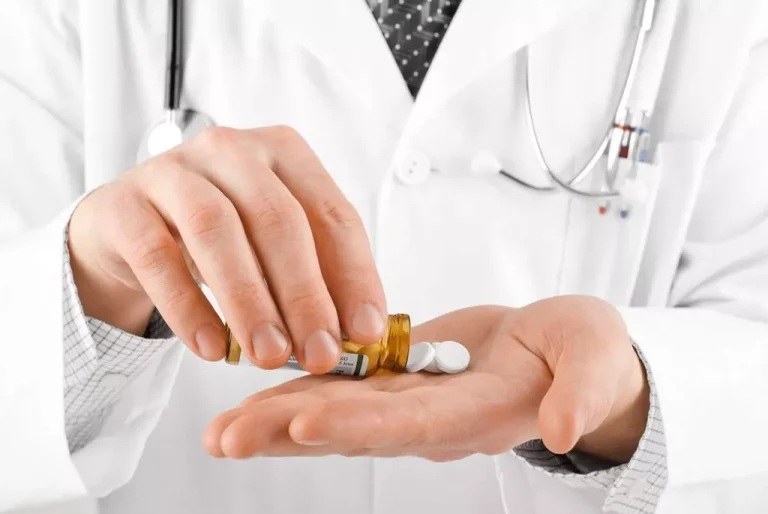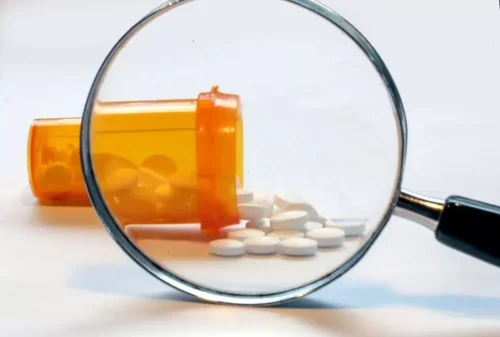
Referring to this condition as alcohol use disorder is more accurate and less stigmatizing. While the two are no longer differentiated in the DSM, understanding their original definitions can still be helpful. This article discusses alcohol dependence, alcohol abuse, and the key differences between them. Although someone with a drug addiction can end their physical dependence on the drug through detox, the mental component of the addiction remains, and maintaining sobriety can be an ongoing struggle.
- Abuse and dependence are defined on a scale that measures the time and degree of substance use.
- Most medical schools only devote a few hours over four years to teaching addiction medicine, a mere fraction of the time devoted to other chronic diseases encountered in general practice 8.
- The APA ditched both “substance abuse” and “substance dependence” in favor of “substance use disorder.” Substance use disorder is now the medical term for addiction.
- Unlike addiction, dependence does not necessarily involve difficulty controlling behavior.
Addiction treatment and recovery
Contact emergency services immediately if you experience symptoms such as fever, involuntary muscle contractions, seizures, delusions, hallucinations, or rapid mood swings as you withdraw from alcohol. Looking at the symptoms mentioned above can give you an idea of how your drinking may fall into harmful patterns and indicate whether or not you have a drinking problem. For example, ” abuse ” may imply that the behavior is intentional and controllable and, therefore, a personal failure rather than a disease symptom.
- For example, substance abuse could involve a college student who uses drugs or alcohol regularly and takes these in excess — often mixed with other substances.
- David Hawkins, Ph.D., director of the Social Development Research Group at the University of Washington.
- Substance dependence is characterized by tolerance or withdrawal symptoms.
- When you miss your morning cup, you might develop physical withdrawal symptoms, like a headache, fatigue, difficulty concentrating, and more.
- It is also important to realize that while a dependence may be present without addiction, substance dependencies frequently lead to addiction.
- Well, the phrase carries a negative connotation and is ambiguous, according to the DSM.
- People who are recovering from an addiction will be at risk for relapse for years and possibly for their whole lives.
Dependence vs. tolerance
After a careful vote, “addiction” was changed to “substance dependence” and it remained that way until the DSM entered its 5th edition in 2013. While dependence and addiction are often used interchangeably, addiction vs dependence they are different. Because of this confusion, some organizations prefer substance use disorder (SUD).
Dependence vs. Addiction: How to Tell the Difference

For example, if you get into an argument with a significant other, your first response will be to pick up a six-pack of beer or call your dealer for illicit drugs. These triggers set off biochemical changes in your brain, which influence addictive behavior. When someone uses the term “dependence,” they’re often referring to someone becoming physically dependent on a drug. This means they’ll experience withdrawal symptoms if they decrease the dose or halt use altogether, or they’re unable to experience the effects of the drug at the dose they’ve become used to, known as tolerance. With that said, it’s important to note that you can be dependent on a drug without being addicted. Dependence refers to the body’s adaptation to a drug, leading to withdrawal symptoms, while addiction involves compulsive drug use despite negative consequences.
Alcohol Dependence vs. Alcohol Abuse: What’s the Difference?
Against the backdrop of the presidential campaign, the prevention of substance abuse has recently become a politically charged issue. Quoting Bob Dole, the Republican nominee, newspaper accounts blame the Clinton administration’s “silence on the matter” for the recent increase in substance abuse among adolescents. National leaders have an important role to play in preventing substance abuse, notes J. David Hawkins, Ph.D., director of the Social Development Research Group at the University of Washington.


